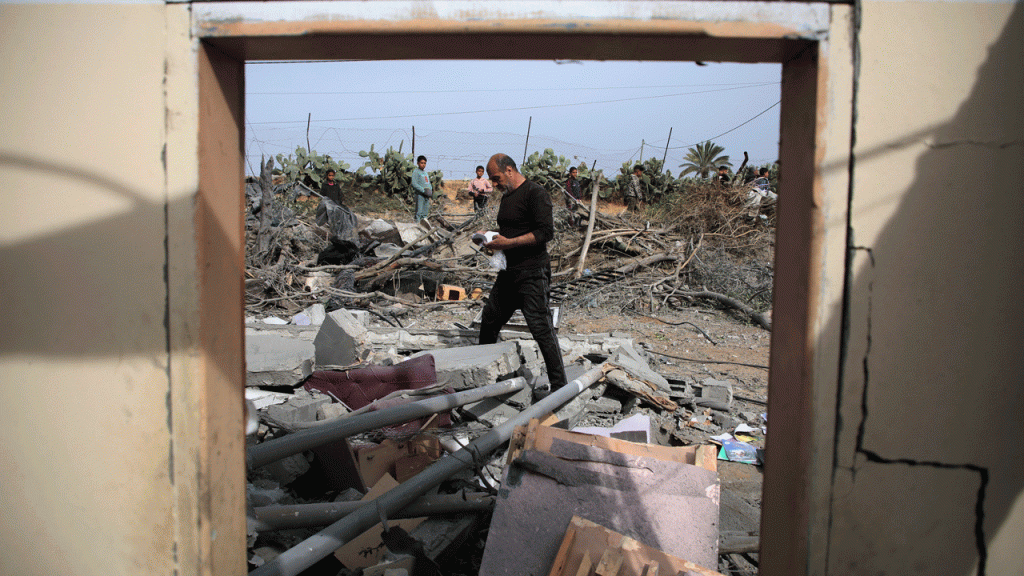American and Israeli officials held virtual talks on Monday to discuss the potential expansion of Israel’s war against Hamas to the southern Gaza city of Rafah. The U.S. opposes this move on humanitarian grounds, urging Israel to refrain from a large-scale incursion into Rafah without a credible plan to relocate and safeguard noncombatants. Israeli Prime Minister Benjamin Netanyahu has vowed to invade Rafah despite pressure from Ramadan and the U.S., as Israeli forces aim to eradicate Hamas after an attack on Israel. This potential operation has exposed a deep rift between Israel and its closest ally, as the U.S. emphasizes the need for humanitarian efforts in Gaza.
President Joe Biden and his administration have urged Israel for months to refrain from entering Rafah without a solid plan to protect civilians. Despite the U.S. opposition, Netanyahu remains determined to root out Hamas from Rafah and continue the military operation in the city. The U.S. has emphasized the importance of allowing food and other goods through Israel’s blockade of Gaza to prevent famine. The rescheduled virtual meeting between American and Israeli officials, led by Jake Sullivan, aimed to address these concerns and find a way forward amid growing tensions.
The U.S. anticipates that expert teams will follow up on the virtual talks in person to further discuss the potential expansion of Israel’s military operation in Rafah. While the Biden administration has urged Israel to prioritize civilian safety, Netanyahu is determined to continue with the operation to eliminate Hamas from the city. The meeting between American and Israeli officials highlights the significant divide between the two allies, with the U.S. emphasizing humanitarian efforts in Gaza and Israel pushing forward with its military objectives in Rafah.
Netanyahu’s insistence on invading Rafah despite U.S. opposition and concerns about civilian safety underscores the challenges in balancing military objectives with humanitarian concerns. The potential operation in Rafah has strained relations between Israel and the U.S., as the two allies navigate their differing priorities in the conflict with Hamas. The U.S. has publicly and privately urged Israel to consider the humanitarian consequences of a large-scale incursion into Rafah, but Netanyahu remains focused on continuing the military operation to eradicate Hamas from the city.
The White House press secretary noted that the meeting was rescheduled to take place sooner in order to address the urgent situation in Rafah. The Biden administration has been actively engaged in discussions with Israel to find a way forward that considers both military objectives and humanitarian concerns. The potential expansion of Israel’s military operation in Rafah has raised alarms about civilian safety, prompting the U.S. to push for a credible plan to protect noncombatants in the city. As American and Israeli officials continue to navigate this complex situation, the rift between the two allies over the military operation in Rafah remains a significant challenge to their partnership and cooperation.














